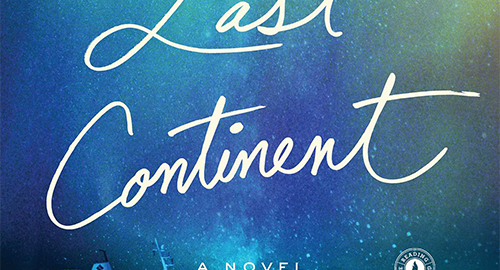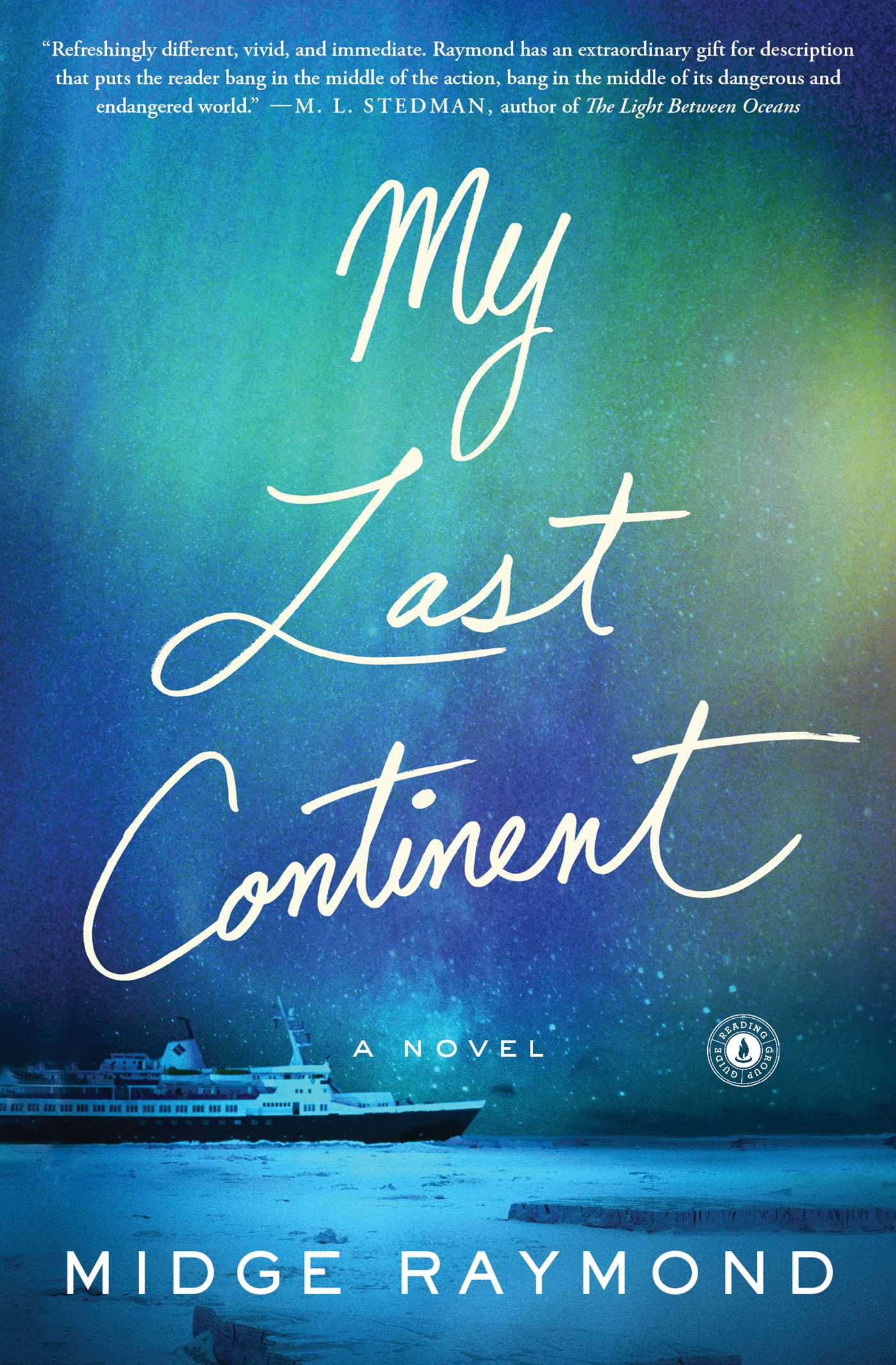I hate being cold and I’m not one for boat travel, but I’ve always wanted to go to Antarctica. There is something romantic about the icy, forbidding continent. Thankfully, Midge Raymond saved me the trip with her unforgettable debut novel, MY LAST CONTINENT.
An irresistible love story, MY LAST CONTINENT opens with a disaster: a massive cruise ship is sinking in the ice-choked waters near Antarctica. Leaving readers in tremendous suspense, the book moves back in time five years, following the stories of two Antarctic researchers, Deb Gardner and Keller Sullivan, as they meet and fall in love.
Deb is a penguin expert who also works as a guide on an ecotourism cruise ship, gently educating tourists about the worsening environmental conditions in the Southern Hemisphere. Keller, a former attorney newer to the Antarctica ecotourism arena, shares Deb’s passion for penguins and the environment but takes a more reckless approach to educating tourists on the damages they wreak on the delicate environment.
Deb and Keller’s love story begins on a research trip studying the emperor and Adélie penguins. With difficult personal lives outside the icy continent, their nontraditional relationship picks up and leaves off every year during their Antarctic excursions. It’s only there, at the end of the world, that Deb and Keller can be numb to the frustrations and sorrows of their separate lives and find solace in their work and in each other. But Antarctica, like their fleeting romance, is a fragile place.
Skipping ahead five years, a new season has arrived, and Deb returns to playing tour guide on a small expedition ship that will take her back to the research base she calls home. But this time, to Deb’s surprise and disappointment, Keller doesn’t show. This season also brings another change: a mammoth cruise liner called the Australis is ambitiously charting the frigid waters of the Southern Ocean. Soon into the journey, Deb receives a distress signal from Australis that the ship is sinking—and Keller is aboard. Despite recent differences, the distress signal reignites Deb’s feelings. As conditions for the sinking Australis become increasingly dangerous, Deb grows desperate for news of Keller’s safety. Separated, they must face the harsh mysteries of the land that brought them together.
I found myself slack-jawed over the last pages, eking out each step over the ice alongside Deb and Keller. Under Raymond’s exquisite hand, their fragile romance and the increasingly fragile continent which they share becomes intimately powerful. Readers will be awed by Raymond’s evocation of the tensions between conservation and tourism, disaster and providence, love and loss.









